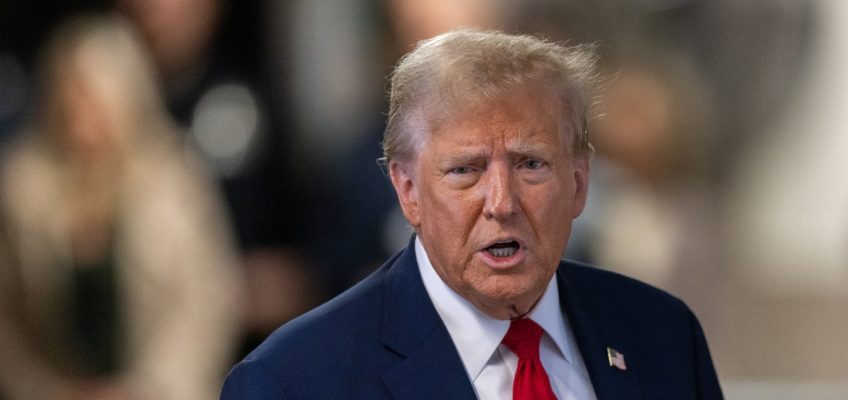David G. Savage | Los Angeles Times (TNS)
The Supreme Court on Thursday heard former President Trump’s claim that he is entirely immune from prosecution for all of his “official acts” during his time in the White House, including his effort to overturn his loss in the 2020 election.
Trump’s claim of absolute immunity has been derided by legal experts and rejected by a federal trial judge and the U.S. appeals court in Washington.
But the former president and his lawyers have been winning delays with their losing arguments.
Special counsel Jack Smith indicted Trump for conspiring to subvert the results of the 2020 election, and the judge originally scheduled the trial for March.
The Supreme Court’s intervention upset that timetable and raised doubts a jury will consider the charges before this November’s election.
Why did the Supreme Court intervene?
One possibility is that the justices, at least several of them, believe a former president is shielded from later prosecution for his truly “official acts” as the nation’s chief executive, even if he can be prosecuted for a private scheme to overturn his election defeat.
In the lower courts, the immunity question was debated as an all-or-nothing matter. Trump’s team asserted a total and “categorical” immunity for their client, which the judges rejected.
When the high court agreed in February to hear the Trump immunity case, they rewrote the question to be decided.
Related Articles
States move to label deepfake political ads
US Supreme Court hears arguments on Idaho abortion law this week. How did we get here?
What to listen for during Supreme Court arguments on Donald Trump and presidential immunity
Supreme Court appears skeptical that state abortion bans conflict with federal health care law
Trump hush money trial transcripts to be made public
It was no longer about the ex-president’s categorical or total immunity. Instead, they said they would decide: “Whether, and if so to what extent, does a former president enjoy presidential immunity from criminal prosecution for conduct alleged to involve official acts during his tenure in office.”
Chief Justice John G. Roberts Jr. and Justices Brett M. Kavanaugh and Elena Kagan served as White House lawyers, and they are likely to be sensitive to opening the door to former presidents being prosecuted by the partisans who took office after them.
Harvard Law professor Jack Goldsmith has argued that the central issue in the case is its impact on future presidents.
©2024 Los Angeles Times. Visit at latimes.com. Distributed by Tribune Content Agency, LLC.


Leave a Reply